As your Dear Readers know, once a month, I invite successful authors to share their life experiences and tell how those experiences have influenced their writing. Does my my ever-so-welcome Tell Me Your Story guest for July, author Alexander Marriott, have experiences to share! His acclaimed debut mystery novel, The School of Homer, has just been released. Alex is a trained historian and amateur world traveler who writes on topics in American intellectual and political history, as well as contemporary culture and society. He also publishes detective novels featuring his sleuth from Chicago (where Alex hails from originally), Virgil Colvin, transplanted for life’s second act in Greece. When not engaged in the scribbling trade, Alex teaches history at a Community College in the Houston area, where he lives with his wife and children. Be sure and click on the gorgeous photos to get the full effect.
My path to writing – always follow the silver linings
Alexander V. Marriott
“Am I really lost?” I asked the question aloud even though I was entirely alone. There on the north-eastern slope of Mt. Neriton—the identifying and leafy peak that Odysseus referenced to King Alcinous in Homer’s epic poem—my attempt to pick up the official trail to the summit had failed rather spectacularly despite doing all that my map recommended. Instead, as was now obvious, I had followed an especially well-traveled goat path for nearly an hour in the wrong direction. Suddenly the thought of Peter Wallace—oldest son of the late Mike Wallace—popped into my mind. Peter had died while in Greece, hiking around Corinth, in 1962. His father had travelled to Greece to find his missing son, eventually discovering Peter’s body.
Fortunately, I could see the road while looking down towards the sea. If things really got bad, I could almost certainly pick my way down the slope to safety—right? I had plenty of water left, but the sun was steadily climbing, and I was on a totally exposed mountain. ‘Leafy’ Neriton, my ass, I thought to myself.
Turning around to retrace my steps merely caused a panic—the goat trail which had been so obvious (too obvious as it turned out) simply vanished among the identical looking rocks and shrubs. While the danger I faced at that moment was rather small, I was alone in a foreign country on a mountain I had never attempted to hike before, exposed to the elements with not a soul in sight. On Ithaca, the normal tourists (and the locals) were at the beach, on a yacht, eating in town, or otherwise sensibly avoiding anything remotely connected with the history and legends of the island. It was just me and goats on Mt. Aetos the day before. Being alone on the island was sort of an echoing motif from the days of legend to the present.
I did not panic, but I did think of the ridiculousness of the story that would be told if I somehow managed to perish or, as was more likely, had to be rescued. American tourist found on Greek mountain, delirious, covered in spiders… Once I chuckled about that (though not the part about Ithaca’s enormous spiders), I felt better. “Time to get out of this,” I told myself.
I looked at my map and pulled out my phone. The GPS still seemed to work fine and on Google Maps I got a good look at how far I had strayed. I cursed myself and drank some water before carefully picking my way back the way I had come, or rather the way it seemed to me that I had come. In fifteen minutes, the walkway of the mountain’s permanent dwellers became obvious again. In another half hour, I was safely in the abandoned ruins of old Anogi, the main settlement in Ithaca during the centuries of piratical raids that marked its history before and after the Byzantine Empire disintegrated. Still no sign of the correct and only real trail for humans. This was not the first time I was foiled by the insufficient signage of a Greek hiking excursion. It would not be the last. Yet, even as I muttered frustratingly and began my descent back to the main square of “new” Anogi and my car, I could not have been happier.
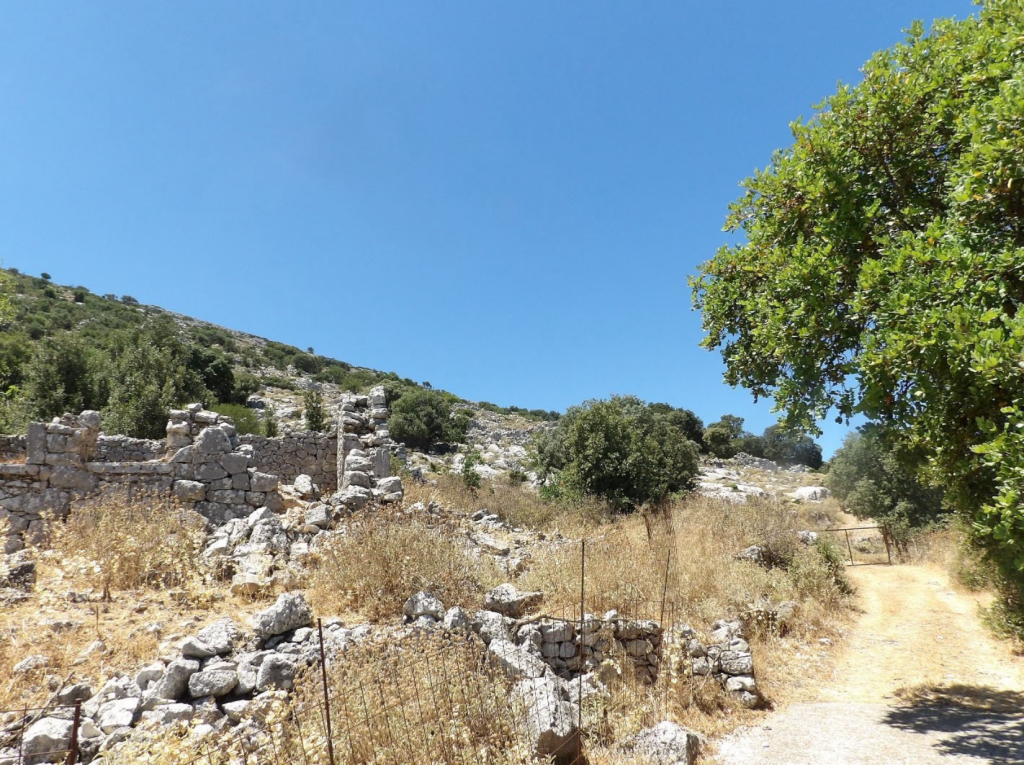
The ruins of old Anogi, in search of the path to the summit of Mt. Neriton – July 20, 2021
Seventeen months earlier….
As was eventually the case for most Americans, my 2020 began poorly. It was not even March and already the world had caved in on me. The day after Patrick Mahomes led the Kansas City Chiefs to a comeback victory over the San Francisco 49ers, before COVID-19 took over everyone’s thoughts and actions, my wife emailed me that we were getting divorced and that I should move out. I was in my office at work. She emailed me.
In hindsight, who would have guessed that was the kindest thing she could have done? Two weeks later I had an apartment, and we managed to be divorced before the year was out. No COVID-19 lockdown with an angry soon-to-be ex-spouse! It was not a surprise. Still, the failure hurt and took some doing to work past. To make matters vaguely better (or worse?), I did have the companionship of a large and goofy cat.

Part of that work was writing. I was already spending time writing outside of my day job. I am a history professor for a small Texas community college outside of Houston—this job means instruction, not research and writing. But, if you wish to burden yourself, you can still research and write for no additional accolades or compensation. Most of the time that means articles, chapters, and book reviews on American political and intellectual history. I was in the final stages of wrapping up a writing project on President Polk that would appear in print in 2022 when the hammer fell on my marriage. Now, looking for some other project, I was surrounded by mementos from our honeymoon in Greece—the last truly happy time of the relationship— and especially the enchanting island of Ithaca.
As the lockdown closed the world off; as time became an oppressive and amorphous companion; and, as I pondered what was next, I decided to do something I have always wanted to do. I decided to do two things, actually. First, I signed up for a Modern Greek language course over Zoom—offered in Houston face-to-face during normal times. Why? Hard to say (like much in Greek). I have always been fascinated with the idea of being better with languages—French, Latin, Greek, (English)—and I certainly wasn’t the only cloistered American who decided to indulge in some manner of quixotic self-improvement during those months. Instead of baking bread or learning to play a musical instrument, I opted for running outside and learning Modern Greek.
The second thing I did (I know, we’re up to three now) was switch over to writing something purely creative. Fiction! Talking with my best friend, who found himself in the eventual book as the skeptical and dyspeptic Chief of Chicago’s Detectives, Dick Borneman, we both agreed to write a debut mystery and submit it to the Mystery Writers of America contest for first novels. I submitted, and lost (no one won in that submission year). He had a baby, instead. (Humorous coda—he did eventually write that first novel: Water Hazard. The main character? Dick Borneman, retired to Florida!)
As for me and my novel, The School of Homer, it is a detective story, set entirely on the small and charming island of Ithaca, where a real-life murder made international headlines in November 2019. Virgil Colvin has moved to to Ithaca, to mourn the death of his wife with whom he honeymooned on the island many years earlier. He left behind a life as a homicide detective in Chicago. But, as you might have guessed, a man is murdered on the island. The stiff is dumped at the feet of the main plaza’s statue of Odysseus. When the local chief of police (and Virgil’s only friend, mostly over booze and cop stories) comes calling for help on a case far bigger than anything he’s looked into before, Colvin feels an obligation to help out—if he can sober up fast enough.
As it turns out, Ithaca is part of a larger historical/archaeological/mythological mystery. The exact island that is the Ithaca of Homer/Odysseus has been in some dispute since antiquity. The modern island of that name, and its inhabitants, are obviously quite sure that their island is it, but
an entire sub-genre of publications dives quite deeply into possible alternatives as well as the various bits and pieces of evidence supporting all claimants to the title of ‘real’ Ithaca. As a historian with a lot of time on his hands, I was intrigued. This mystery, too, became a part of the novel’s plot.
The work was creative, fun, and therapeutic. It also made me want to go back. As I read more and more Greek history, archaeological studies, travel narratives, articles, and ancient primary texts I knew I was going to return. I dreamed briefly that it might be in the summer lull of 2020, but that was quickly dashed as the pandemic refused to fade.
Of course, it eventually did, sort of, fade. Or, fade enough—especially for the Greeks—to book the trip and head back for three weeks of unadulterated and cathartic spiritual pilgrimage with the ancient world. I read Pausanias, Durrell (Lawrence), and Zorba the Greek as I tramped around Mt. Olympus, ran the nearly 200-meter course at Olympia (and then Nemea), dived into the phosphorescent waters of Myrtos Beach in Kefalonia, ascended to the top of the upper town of Monemvasia and the Acrocorinth, watched Aristophanes’ The Frogs at Epidauros, recited Hamlet’s existential soliloquy to the empty seats in Argos’s less frequented theater, returned to Ithaca, feasted in Corfu (and everywhere else) after sampling olive oils, and otherwise thoroughly enjoyed my own company and my own life.
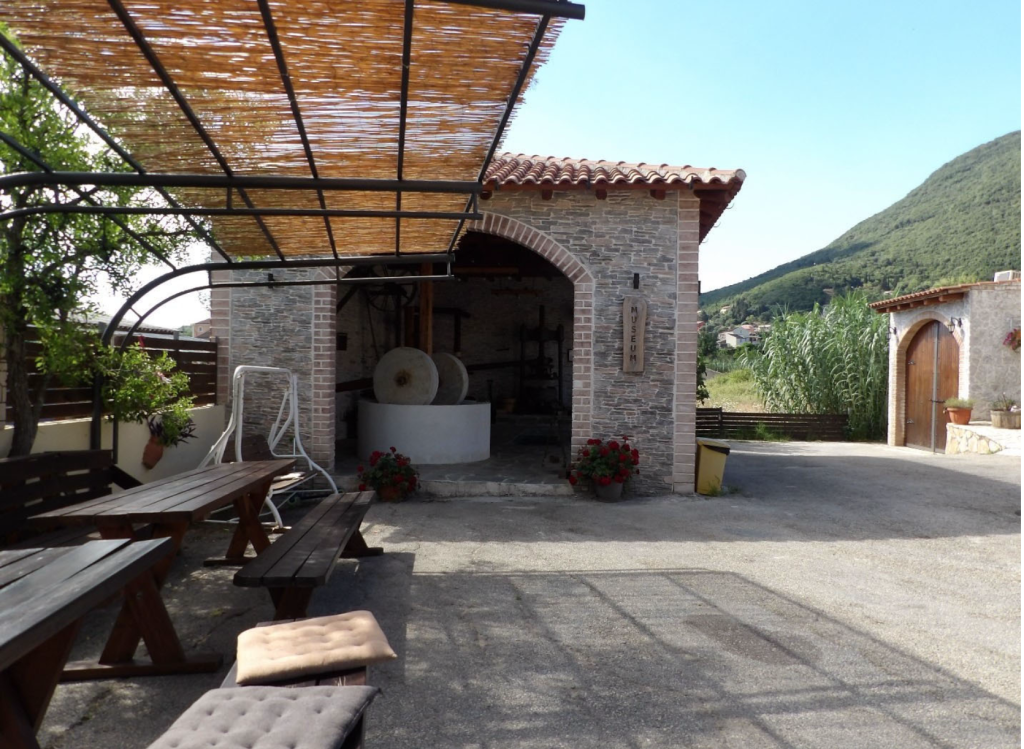
Waiting for the tour to begin at The Governor’s Olive Oil Mill in Corfu – July 18, 2021
When I returned, I outlined two new novels—both sequels to The School of Homer—and traveled back home to Chicago to scout locations and chat with my writing pal in person. When I got back to Houston, something funny happened on the way to the Agora (forums are a Roman contrivance!). I met someone. That someone eventually became my wife, and the mother of our beautiful daughter, Roxane. She was already the mother of a wonderful boy, Mani, who has made my life richer and fuller of love and joy than I could have ever expected a mere three or four years ago. I couldn’t be any happier; Maryam is the alpha and omega of my life. Which is all to say, I’m still writing. Just a little slower than before, and that’s not a bad thing!
Murder with a Glass of Malvasia, set in Monemvasia in the southeastern Peloponnese is finished and awaiting publication; and I am writing (slowly) Midway to Death, Virgil’s return to Chicago. Hopefully, if you’re so inclined, you’ll be seeing both relatively soon. If you like a good mystery that is enlivened by exotic and beautiful places, great food, wonderful drink,
interesting people, and you don’t mind a smattering of Greek here and there—then I think we may be on the same page? I hope so!
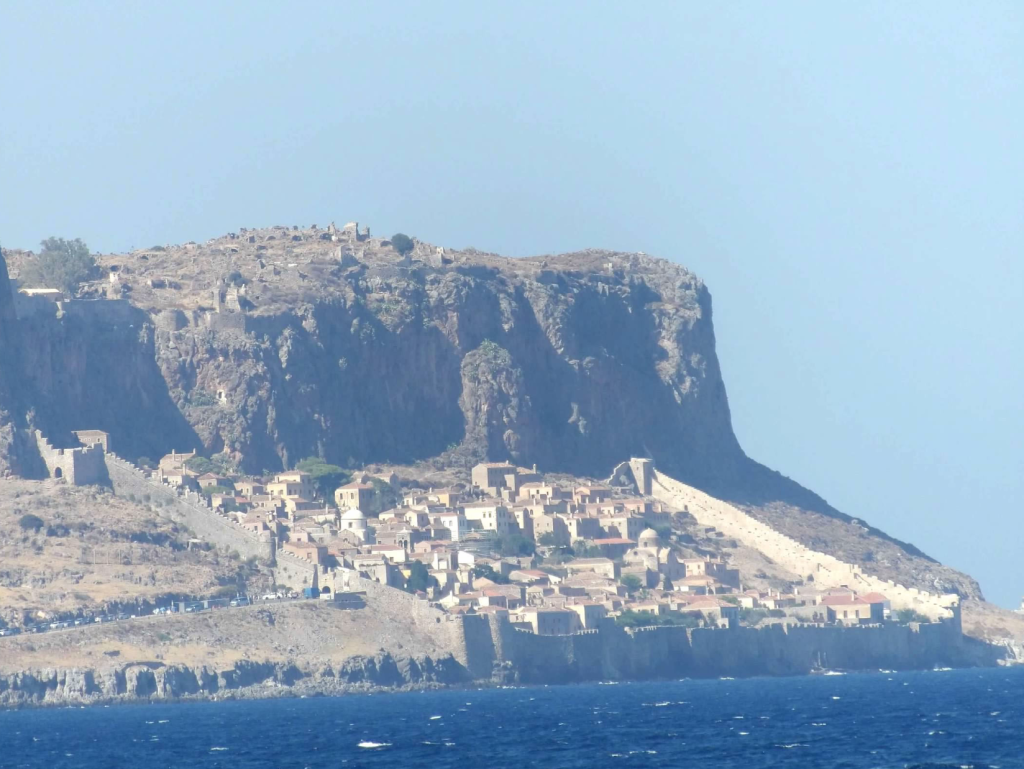
Monemvasia from across the sea, South of Gefira – July 26, 2021
Για μας!
Learn more about the published works of Alexander Marriott
https://johnlocke1984.wordpress.com
Alexander Marriott | LinkedIn
Alexander Marriott (@AVM_Author) / X (twitter.com)




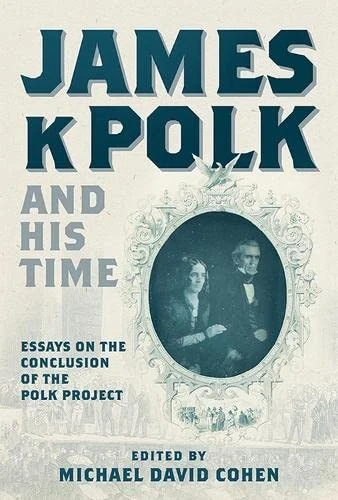
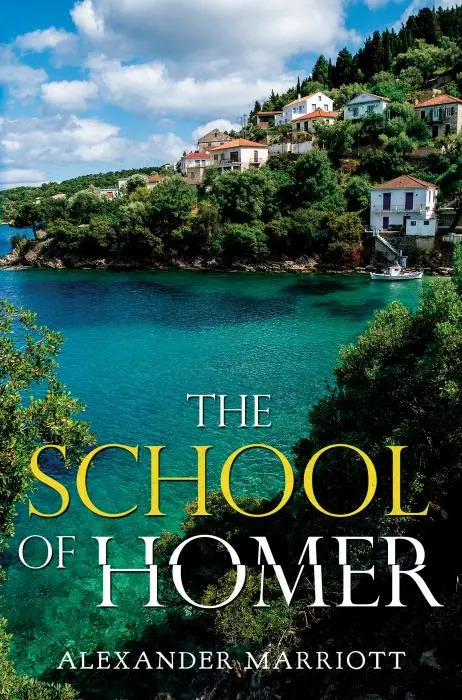
July 19th, 2024
[…] https://www.doniscasey.com/?p=2198 […]